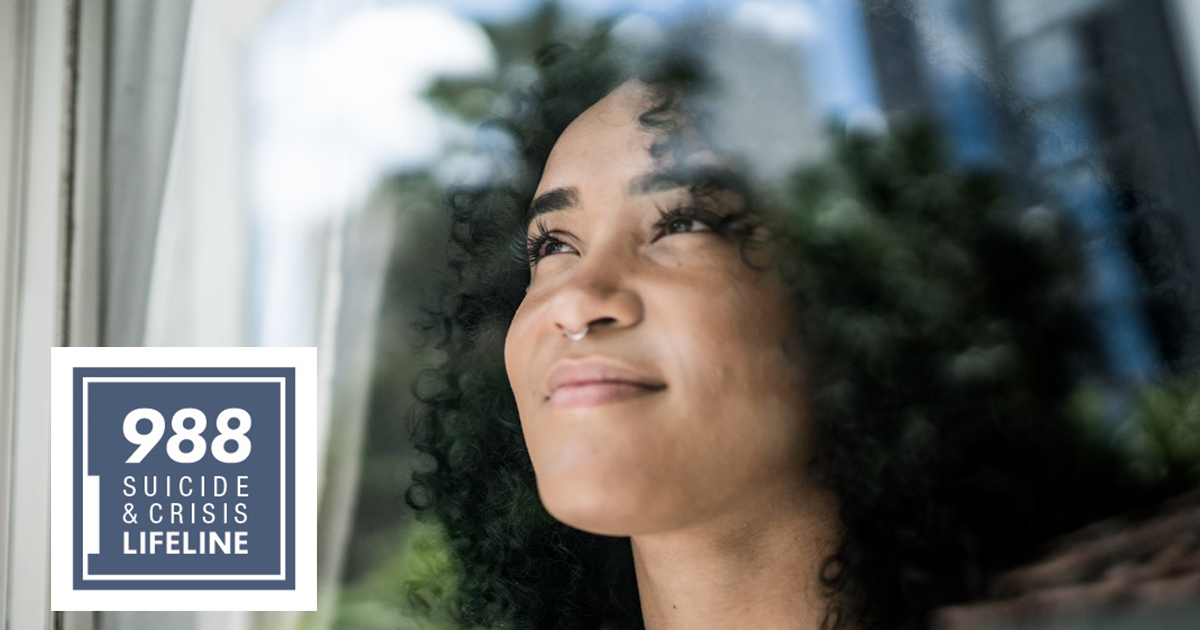On July 13th, 2023, I was able to attend an event hosted by The Hill and sponsored by the National Alliance on Mental Illness (NAMI) called “Dialing into Mental Health: One Year of the 988 Suicide & Crisis Lifeline.” This article is based on information from the event.
Just like 911, 988 is a three-digit crisis line that connects those who are suicidal or experiencing a behavioral crisis to a crisis center that can supply care (and, in some cases, provide on-site support through mobile crisis units), available 24/7 in all areas of the United States.
The National Suicide Hotline Designation Act of 2020 formally established 988 as the Suicide and Crisis Lifeline. The Act allows states to collect additional cell phone fees to fund their local crisis centers sustainably, but this funding stream is dependent on individual states to legislate.[1]
Representative Tina Orwall (D-WA) said that service fees have enabled her state to increase the number of staff in the call centers, significantly improving response time. Another initiative has been the co-location of 988 responders in 911 call centers, allowing for diversion of calls to 988.
Although 988 monumentally increased access to mental health care, the crisis line can still improve and grow. Lauren Stine, executive vice president of the American Foundation for Suicide Prevention emphasized the importance of bolstering accessibility for marginalized populations. For example, the cell phone service fees have allowed Washington state to partner with Tribal Governments in the establishment of a tribal call line called “Native and Strong.” Extensions have also been added in states for Spanish speakers and for veterans.
Establishing trust in previously mistreated and marginalized communities is crucial to improve awareness and engagement. Baltimore Health System official, Adriane Breidenstine, shared that in central Maryland, they launched a 988-ambassador program that worked with trusted community members and gave them the resources to effectively advocate and educate about 988.
Building out services available to callers after making initial contact with a crisis center is a focus for Nevada, according to Senator Cortez Masto (D-NV). The Senator is working on legislation with the Senate Finance Committee to fund the first 23 hours of care after a crisis line call, regardless of insurance. Washington State is also making this a priority, by requiring that next-day appointments be an available resource of carriers.
Finally, a poll conducted by the Pew Charitable Trusts in April 2023 showed only 13% of adults knew about 988 despite it being nine months into its implementation. The 988 Implementation Act, re-introduced in the house, would fund a 988 public awareness campaign and continuum of care programs across states. Work on the local level, such as an ambassador program, and on the federal level, is needed to ensure that more people know about this life saving service.
This event was informative, highlighted the amazing work that is already being done to spread 988 across the country, and shared best practices from states that have passed their own 988 legislation.
[1] Other states have found alternative sources of funding, but it is unclear whether this funding will be sustainable. The National Academy for State Health Policy’s legislative tracker breaks down other methods such as trust and general fund appropriation.
